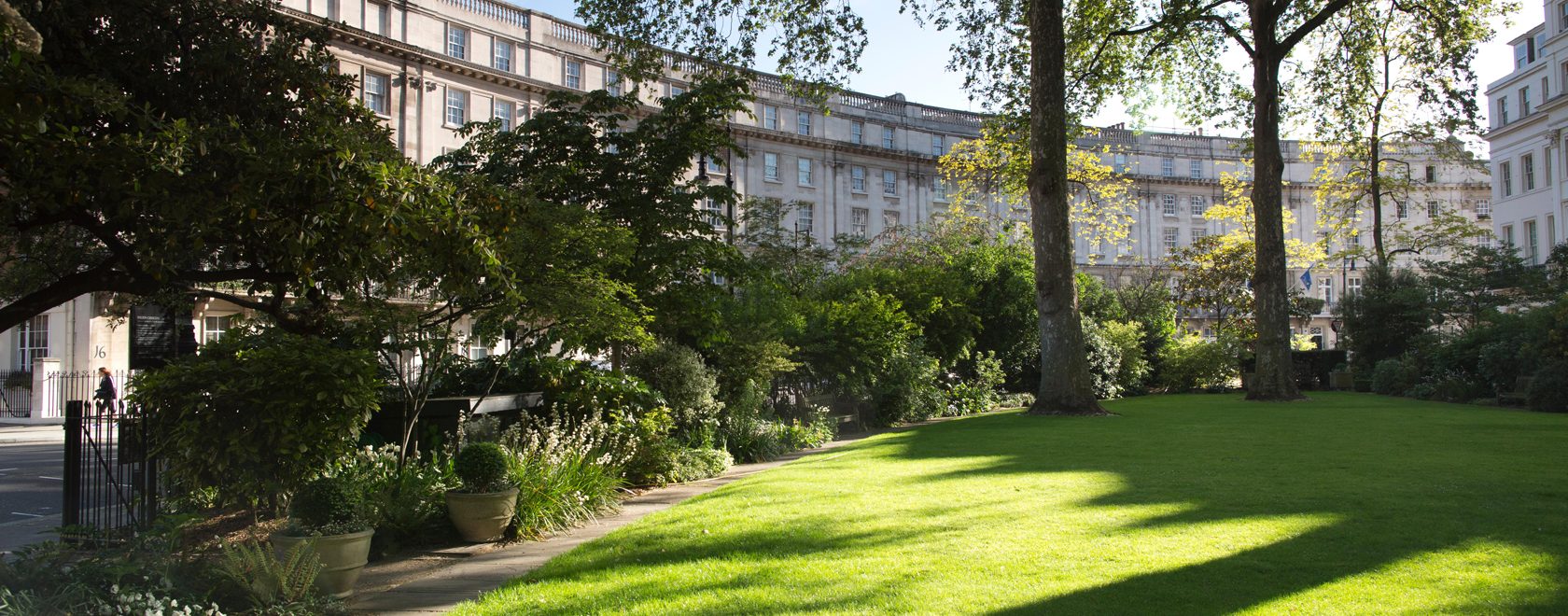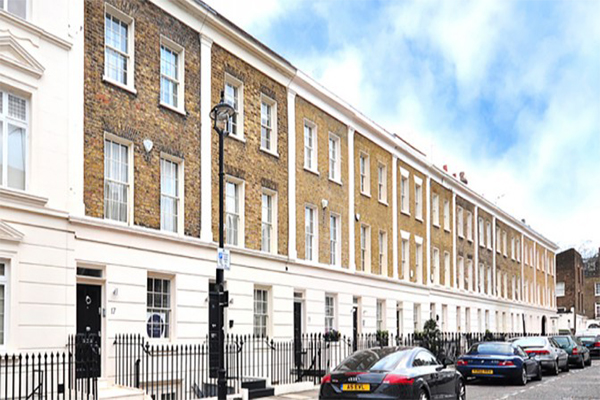Despite the occasional dip, the housing market remains a tempting way to make money. The rules are simple – you just need to stick to them to avoid any expensive pitfalls. Here are our 10 top tips to help you break into the competitive, but potentially profitable, world of property developing.
1 Do your homework
Buy with your head, not your heart. This isn’t your home. Pick a location that will appeal to your intended tenants or buyers. And a property to which you can add value. The old adage of “buy the worst house in the best street” is a good guiding principle. But remember, it is a competitive market. You will need to act fast. As each area becomes popular – look in nearby streets that maybe aren’t as smart yet. But in the best postcodes, there are hidden gems full of potential – just waiting to be discovered.
2 Money, money, money
Budget wisely, be realistic and calculate every cost. It’s very easy to overspend, if you don’t watch every penny. Keep a running total, so you know where you stand at all times.
But, most importantly, buy at the right price. In property developing, you make the money when you buy the house. Be certain you can add value. Don’t rely on the market always moving upwards.
3 Sell or buy-to-let?
Keep your goal in mind when you choose the property and as you renovate or refurbish it. If you are planning to rent, you might want to choose plain, hardwearing fixtures and fittings. If you are selling on, you might want to concentrate on the kerb appeal and leave the inside more of a blank canvas. Don’t forget you must pay capital gains tax on the sale, but rental income attracts tax, too. Consider all the options before you take the first step. If in doubt, take advice from a trusted advisor.
4 On the hunt
Keep an eye on the prices of properties as they come up for sale. Sooner or later there will be one that seems cheap. If you don’t know the area, or you are in a hurry, then a good relationship with your estate agent is key. Make sure they know what you’re looking for and your budget.
5 What adds value?
In an area where parking is a challenge, it might be better to keep the garage. In other places, an extra bedroom might add more value. But before you buy the property, examine the floor plan. Most homes have potential, it is just a matter of spotting it. Two attractive double rooms might be better than three or four poky singles. Don’t scrimp on first impressions or the finish. But weigh up the time it takes against the value any work will add.
6 It’s not about you
Don’t deviate from the norm when you are decorating. Your taste might not be shared widely, so plump for neutral colours. Don’t waste money on expensive finishes in cheaper a property, but equally, don’t penny-pinch if you’re fitting out a high-end apartment. Homestaging is key when selling a property. Go beyond the smell of freshly brewed coffee or fresh flowers. Find ways to make the property stand-out in a competitive market place. A feature wall, the right lighting or a state-of-the-art kitchen, might appeal to your potential buyers. Are you aiming at a family, city-slickers or a young couple? Remember your target audience.
7 Jargon busting
Buyer beware! Get to know the jargon, such as restrictive covenants, flying freehold or easements. Make sure you know what all these terms mean and always read the legal information. A good solicitor is essential. You will need a legal advisor who can move fast and understands your needs.
8 Doing the work
Project managing isn’t as easy as it looks. There are lots of jobs that will catch you out if you do them in the wrong order. So, don’t rush in. Be realistic when budgeting: it usually costs twice as much and takes twice as long. You can never account for the unknowns. If you employ contractors for building work, get references. Get other quotes and compare them. Then arrange a fixed price contract. It is worth taking an architect or a reliable builder along to the property before you buy it. Then ask them to quote for the work. Trusted advisors are crucial.
9 Don’t take it personally
Just because you’ve poured your heart and soul into the project, it doesn’t mean it’s worth any more to anybody else. Don’t price it too high later. It’s a business. Move on.
10 Do it again
You’re sick of the sight of the paint brush and you really want a rest, but this is your job now. To be a full-time property developer you need to move straight into the next project.







